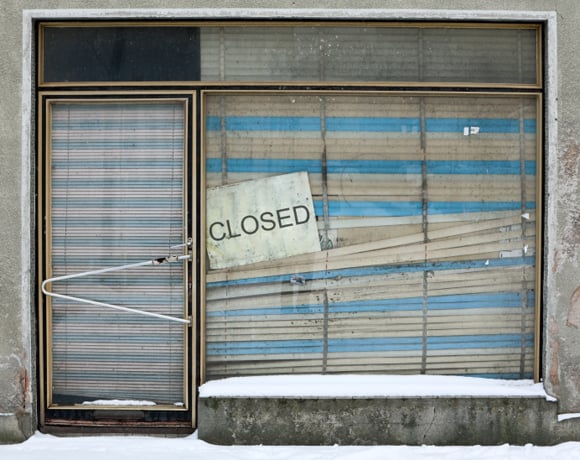A quarter of America's metropolitan areas have jobless rates of 10% or more, above the national average, and many won't see jobs return to pre-recession levels for years.
One-fourth of America's metropolitan areas have unemployment rates of 10 percent or more, topping the national average, and dozens of cities won't see jobs return to pre-recession levels for years, the U.S. Conference of Mayors said.
The subdued rebound means a “lost decade” in 48 cities where employment isn't forecast to return to previous highs through 2020 at least, the organization said in a report today. Jobless rates in 103 of 363 population centers are in double digits, compared with a national rate of 9% when the numbers were compiled in April.
“There are some cities that are not going to be at the unemployment rate they were before the recession started for another 20 years,” said Los Angeles Mayor Antonio Villaraigosa, the group's incoming president, told reporters June 17. “The impact of this recession has been real.”
Jobs are the No. 1 topic of mayors at their annual meeting in Baltimore. The weak employment numbers and the resulting erosion of tax revenue has forced the nation's municipal chiefs to cut services, raise taxes and reduce workforces in a downward spiral for local economies.
“This is like a support group here,” said Angel Tavares, the mayor of Providence, R.I., in an interview. “This is a very slow kind of recovery.”
Gross domestic product in the U.S., the broadest measure of economic activity, is likely to rise 3.5% in the second half of the year, from 1.9% in the first six months, while job growth in 2011 will be 1.2%, according to the report prepared for the mayors by Lexington, Mass.-based research company IHS Global Insight.
Highest Unemployment
Of the 25 cities with the highest unemployment rates, 20 are concentrated in four states most affected by the housing bust: California, Florida, Arizona and Nevada.
Mesa, Arizona's municipal utility has more than 8,000 dormant accounts, taking a $5 million bite out of municipal revenue, Mayor Scott Smith said in an interview.
“It's starting to hit us in ways we never imagined,” Smith said of the weak economy. “We didn't anticipate this kind of shock to our utility.”
In Little Rock, Ark., the city is considering more than doubling its sales tax rate, Mayor Mark Stodola said in an interview.
“We have not replaced a police vehicle in probably the last three years,” he said. “That's just not the way we ought to be keeping people safe.”
Washington Increase
One bright spot among municipal economies has been Washington, where increased federal spending boosted the area's gross metropolitan product to $426 billion last year, making it larger than the states of Virginia and North Carolina as well as the countries of Argentina and South Africa.
The mayors are expected to vote later today on a resolution asking Congress to withdraw American troops from Afghanistan and Iraq to focus those “war dollars' on job-producing initiatives at home.
‘‘That we would build bridges in Baghdad and Kandahar and not Baltimore and Kansas City absolutely boggles the mind,'' Villaraigosa said.
--Bloomberg News--







